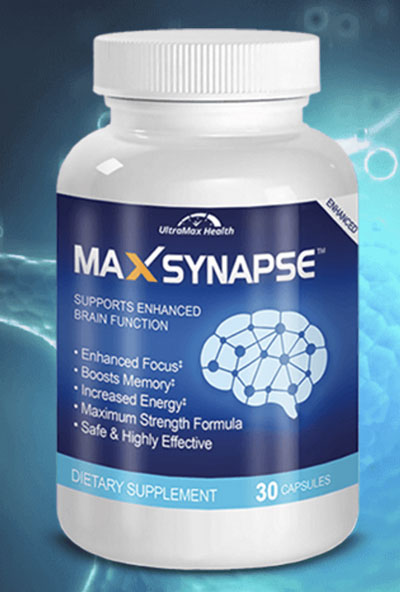'Enhanced Brain Function' Supplement Sales Only A Memory After NAD Review
This article was originally published in The Rose Sheet
Executive Summary
Council of Better Business Bureau's industry self-regulation arm says UltraMax Health, after previously not responding to a request for evidence supporting Max Synapse online ad claims, stated in writing that it stopped using the claims and no longer is selling the product.
UltraMax Health Inc. not only pulled unsubstantiated memory claims but also stopped selling its Max Synapse supplement after the Council of Better Business Bureau's industry self-regulation arm advised the Federal Trade Commission about the advertising.
CBBB's National Advertising Division on Feb. 1 said the Santa Ana, Calif., firm, after previously not responding to a request for evidence supporting Max Synapse online ad claims, stated in writing that it had stopped using the claims and is no longer selling the product, which was labeled as containing NZ-405 Supermax Blend, a proprietary combination of bacopa monnieri, amino acid L-glutamine, ginkgo, L-carnitine and other ingredients in a formulation that "supports enhanced brain function."

UltraMax Health's sales of Max Synapse have ended along with cognitive benefit claims CRN challenged.
"In reliance on [UltraMax Health’s] representation that these claims had been permanently discontinued, NAD did not review these claims on their merits," the CBBB's investigative division said.
UltraMax Health's website for the brand remained operational, featuring all of the claims that the Council for Responsible Nutrition had challenged, and was accepting orders for the product soon after NAD's announcement, but was offline several hours later, after a Rose Sheet query to NAD.
UltraMax Health told NAD that it had stopped sales of the product for "business reasons" and that it "stands behind its advertising claims" but it would "accept NAD’s decision and represent that the advertising at issue has been voluntarily, permanently discontinued.”
A representative told the Rose Sheet that UltraMax Health "internally turned off any sales and stopped selling a while ago" and had not renewed its license for the site and its web "pages are not functional." Additionally, its tech department will "completely remove any archived pages that may be found."
"I can assure you we DO NOT AND HAVE NOT SOLD this product since we agreed not to and fully intend on keeping it that way," said the UltraMax Health representative.
While the company isn't selling its product, Max Synapse remains available through third parties, including ebay sellers with listings that identify it as "Enhanced Focus- Boost Memory- Increased Energy- Maximum Strength Formula."
Review Redux
NAD in 2016 initially request substantiation for Max Synapse claims including:
- "increased short term memory";
- "drastically increase long term memory";
- "increase concentration";
- "continually increased brain performance";
- "focus with laser precision."
The industry self-regulation organization referred its concerns to the Federal Trade Commission after UltraMax Health failed to respond to repeated requests to file substantive written substantiation for the claims. (Also see "NAD Could Jog Cognitive Benefit Supplement Firm's Memory With FTC Call" - HBW Insight, 4 Oct, 2016.)
FTC gives priority to investigating advertising referred by NAD, but expects that firms making challenged claims will reconsider and resolve disputes through industry self-regulation rather than incurring higher costs for defending charges brought by the agency, which is not compelled to act on NAD's referrals.
Additionally, the commission has indicated particular concern about consumer health products advertised with cognitive benefit claims, and FDA occasionally singles out firms for warnings about making those claims on product labels or using ingredients promoted as beneficial for brain health but that are not dietary ingredients.
NAD's attempt to review Max Synapse claims was done in its work supported by CRN to monitor dietary supplement advertising for potentially misleading and unsubstantiated claims. (Also see "CRN Support For NAD At 10 Years: 250 Ad Claim Reviews, Better Industry Image" - HBW Insight, 27 Jun, 2016.)
From the editors of the Tan Sheet. Our dietary supplement industry coverage now is published in the Rose Sheet, with articles emailed to readers daily and available on this page of the website.
